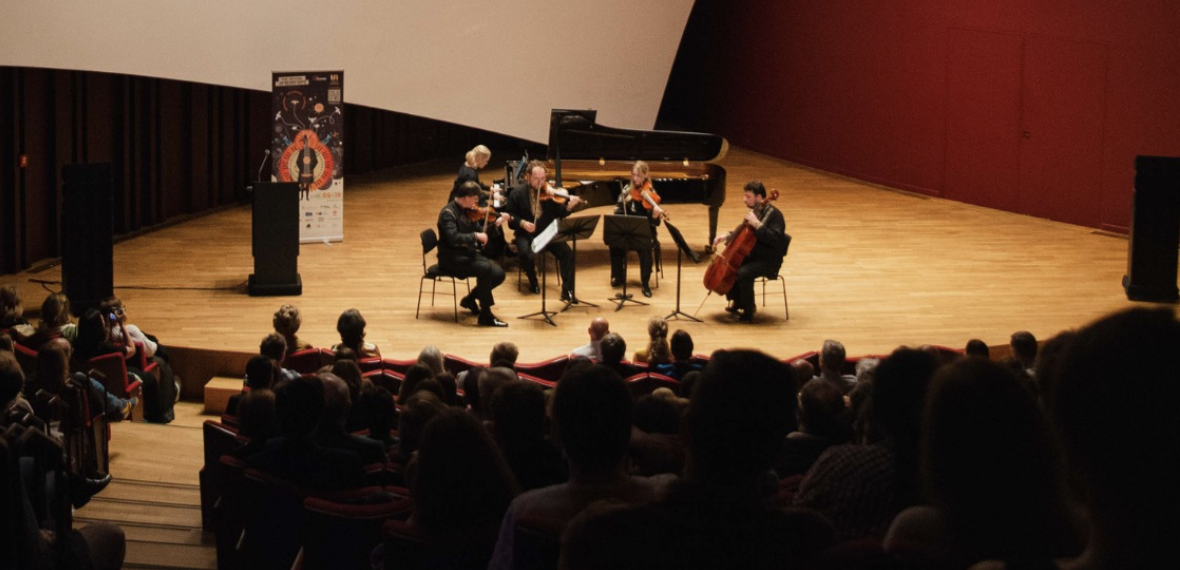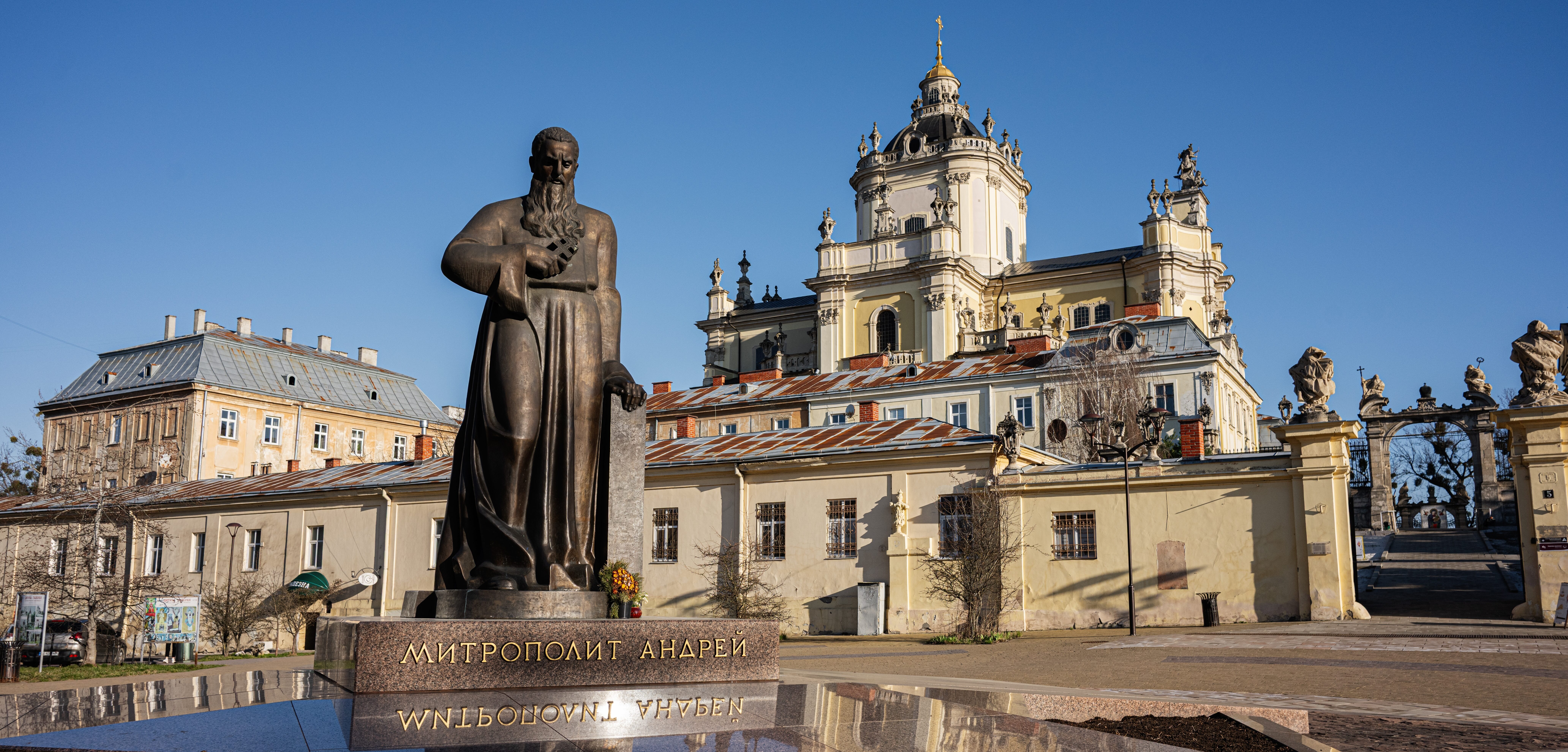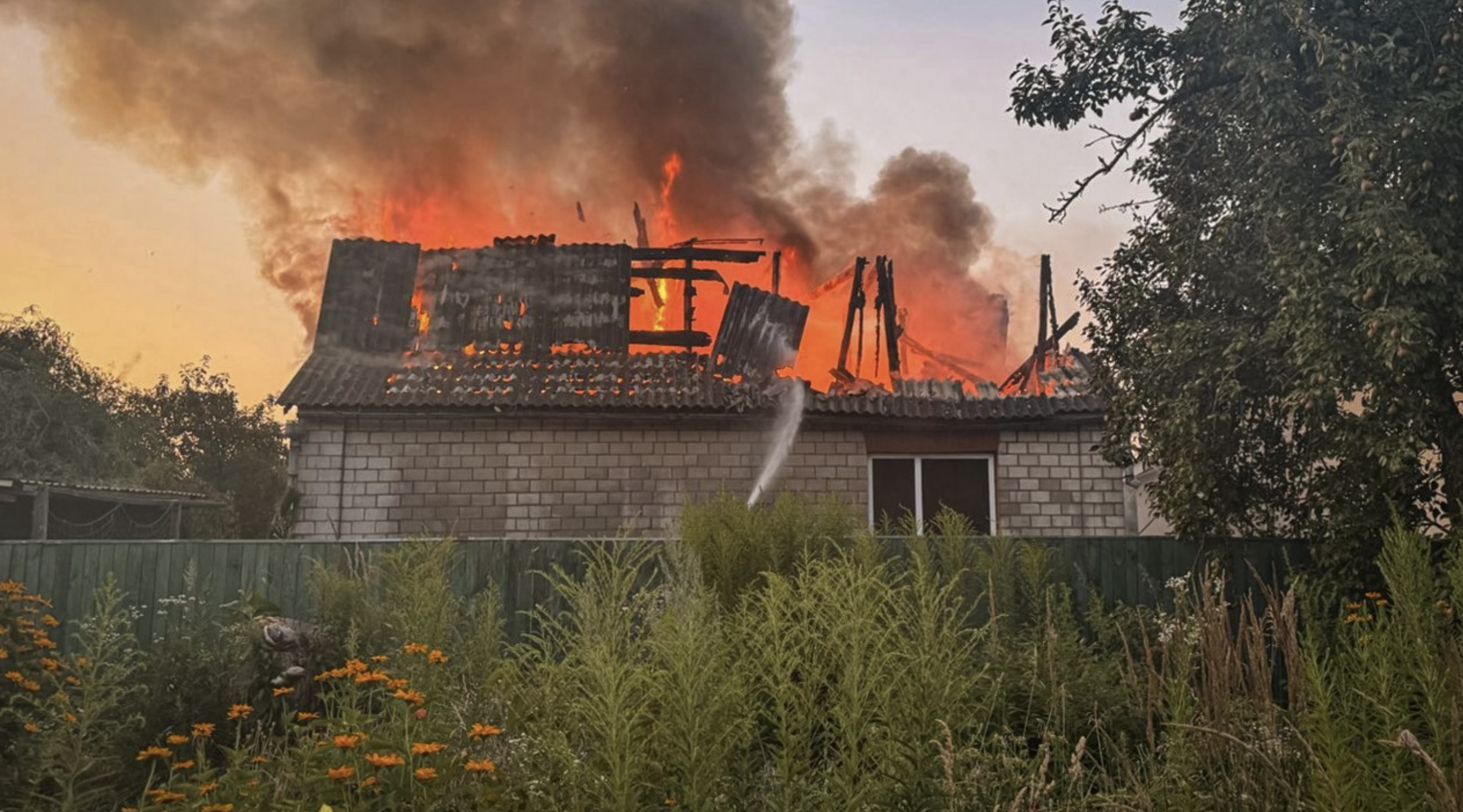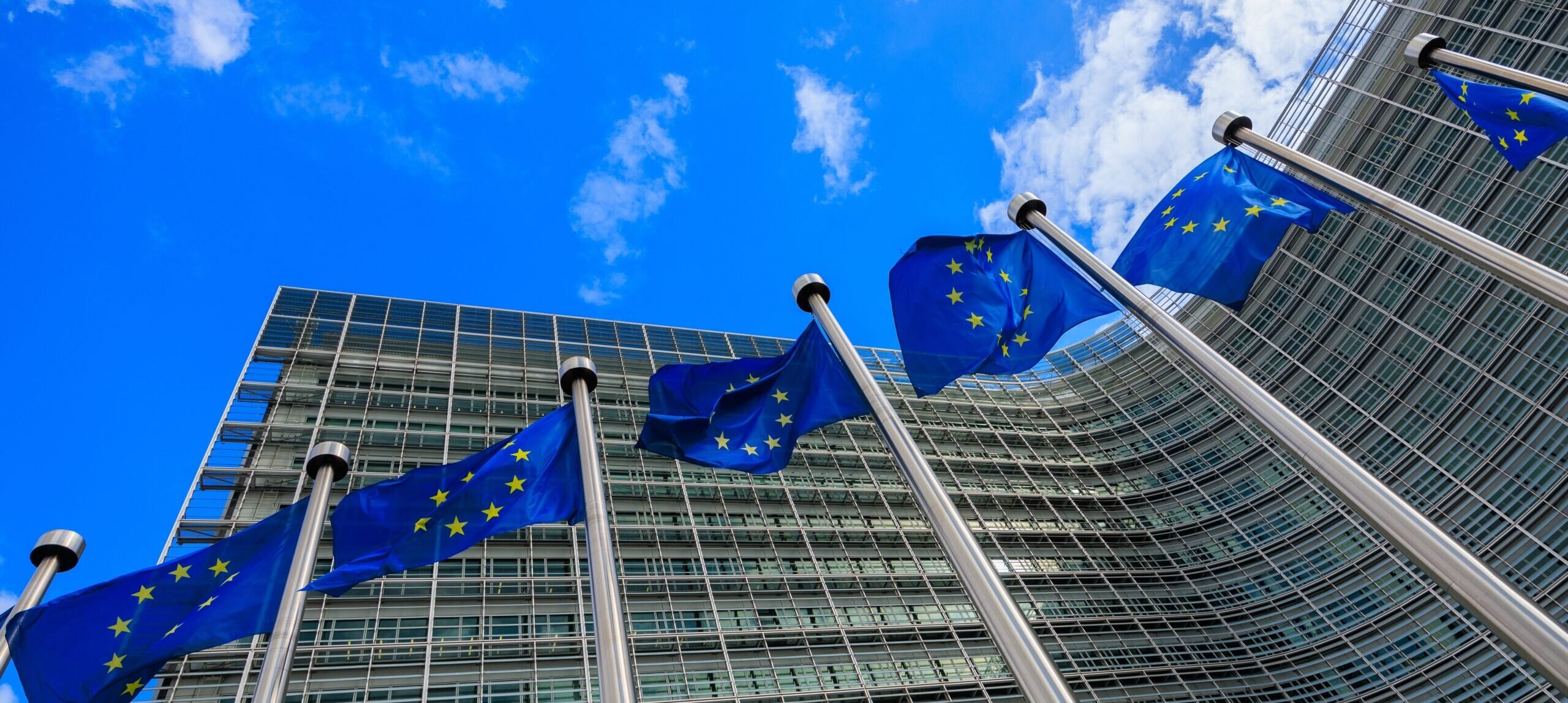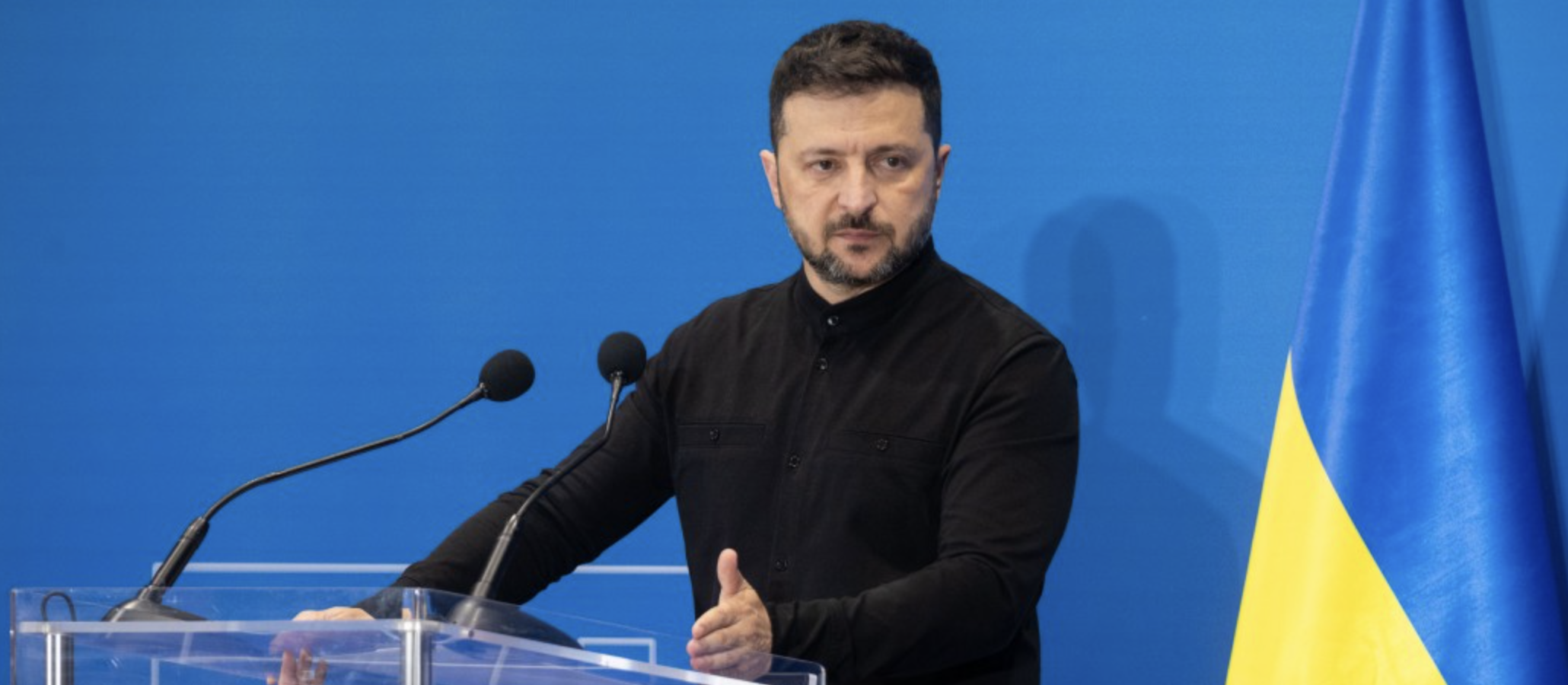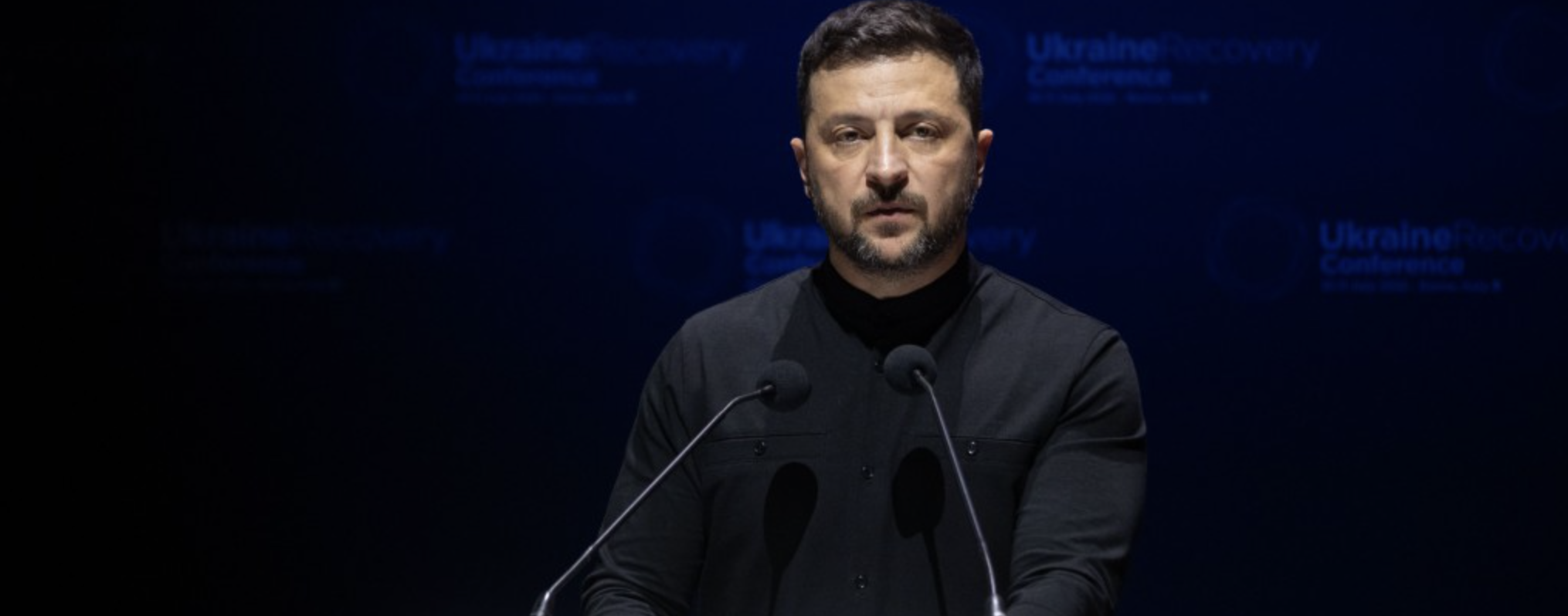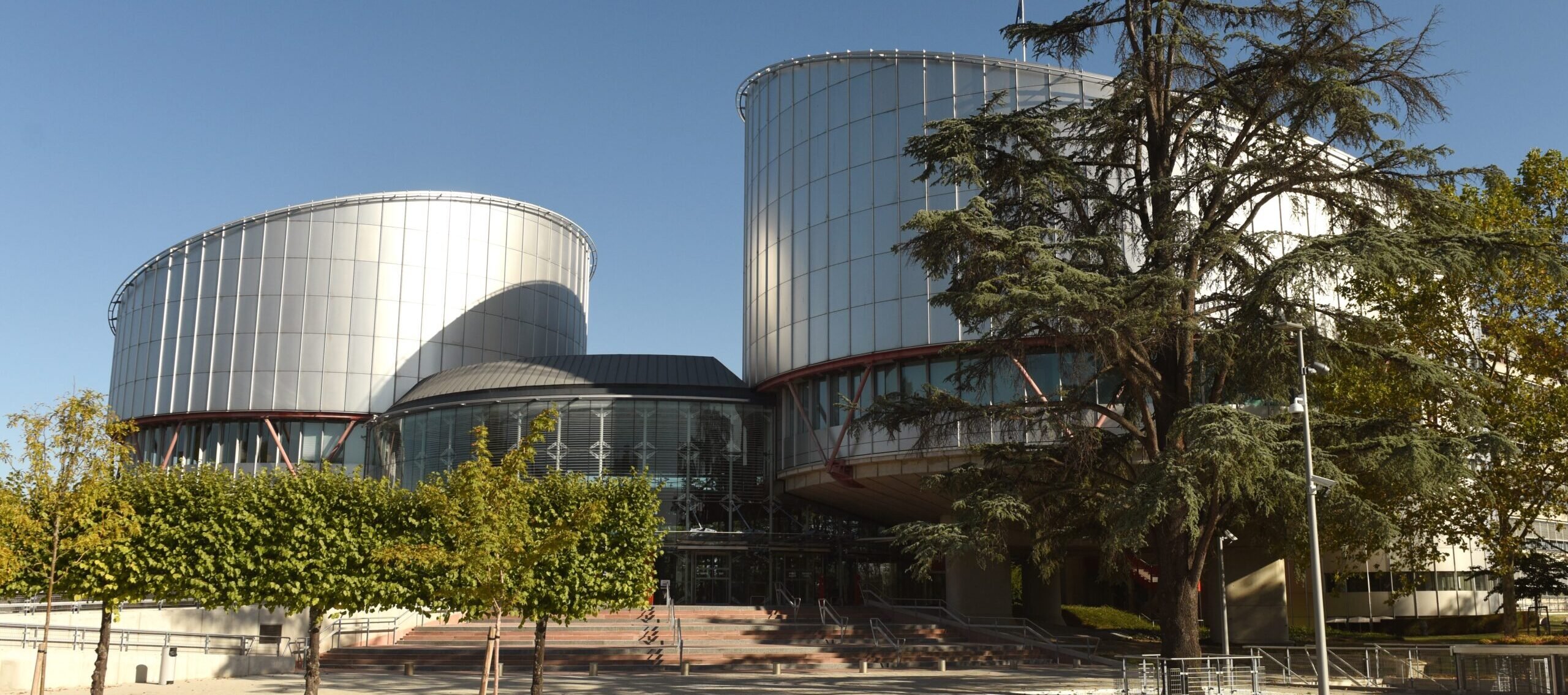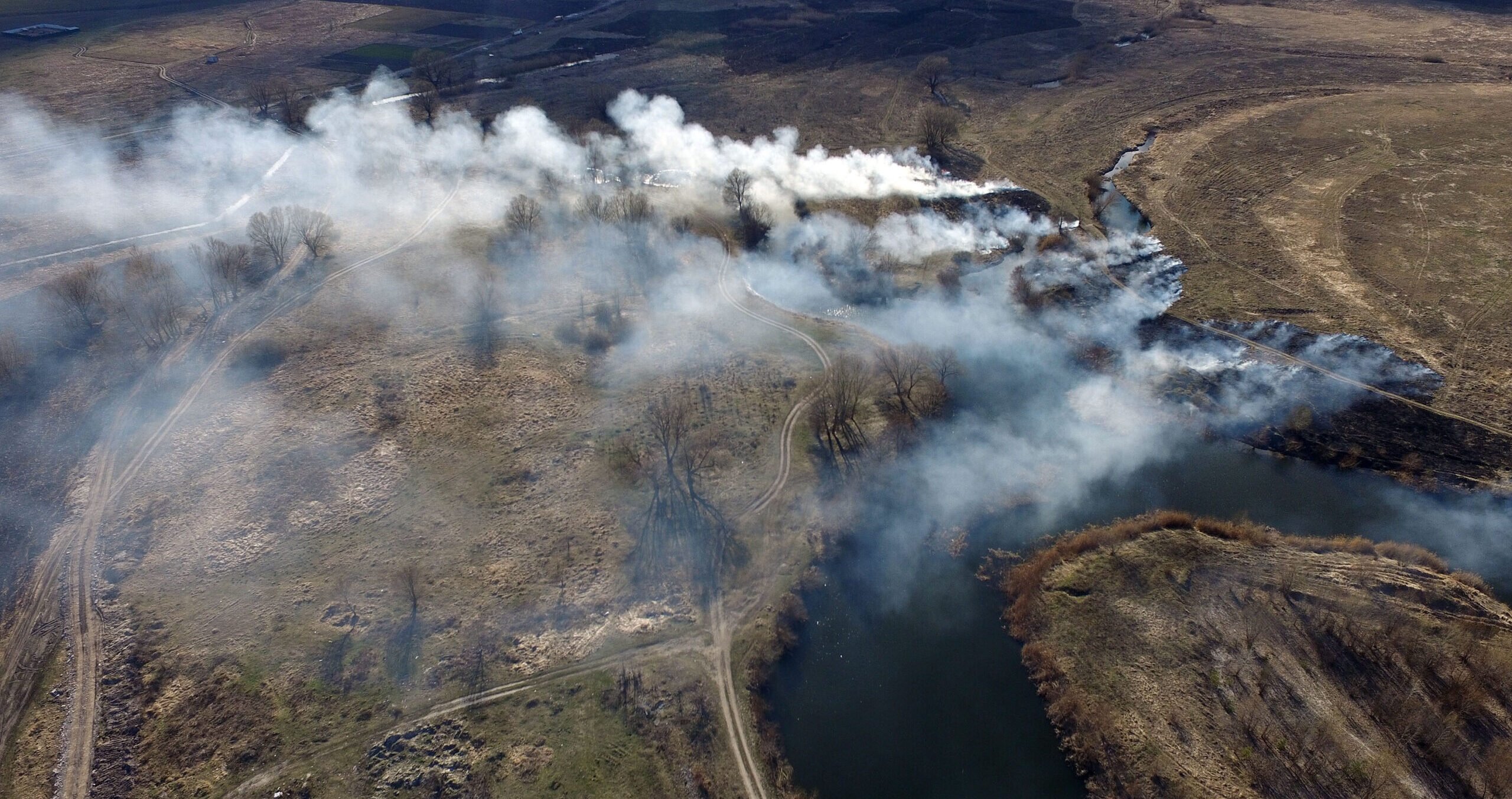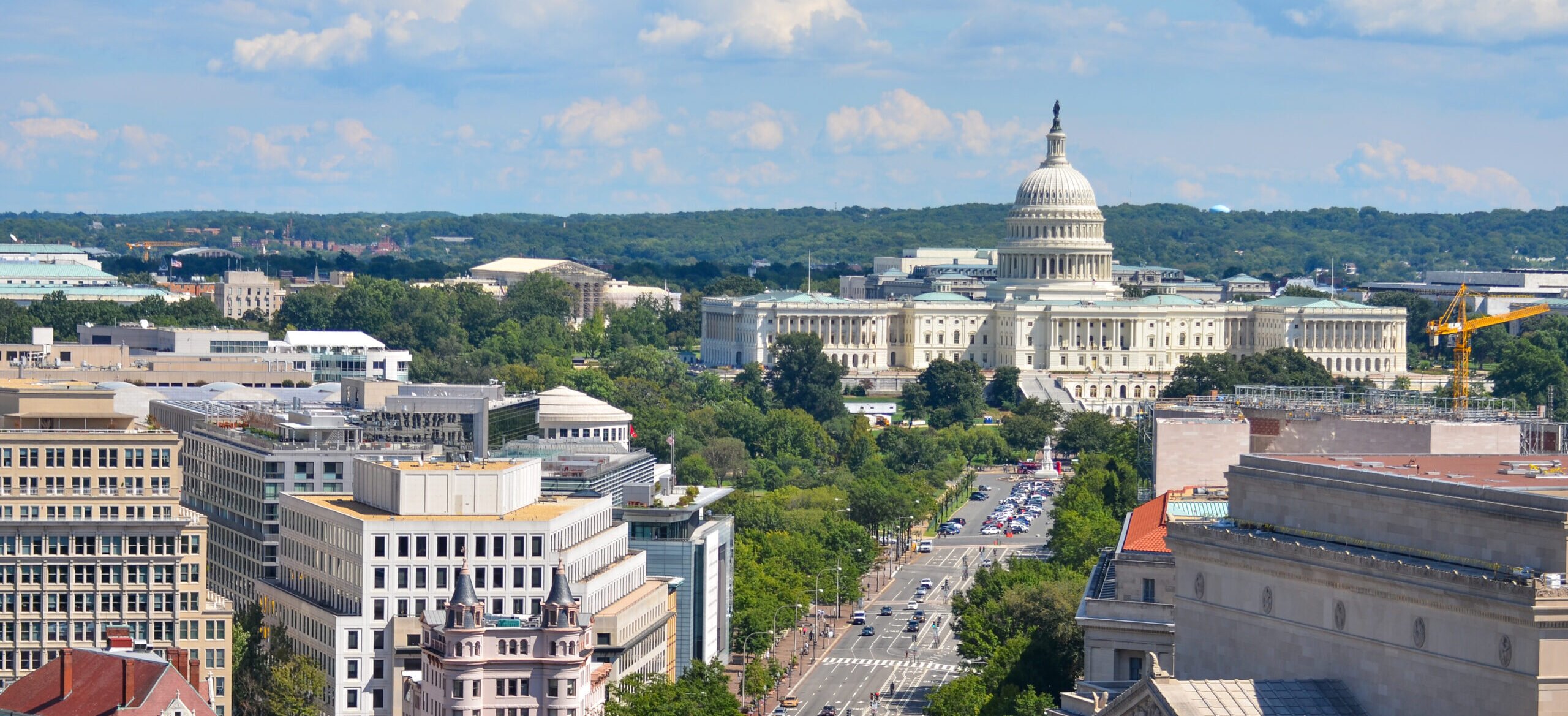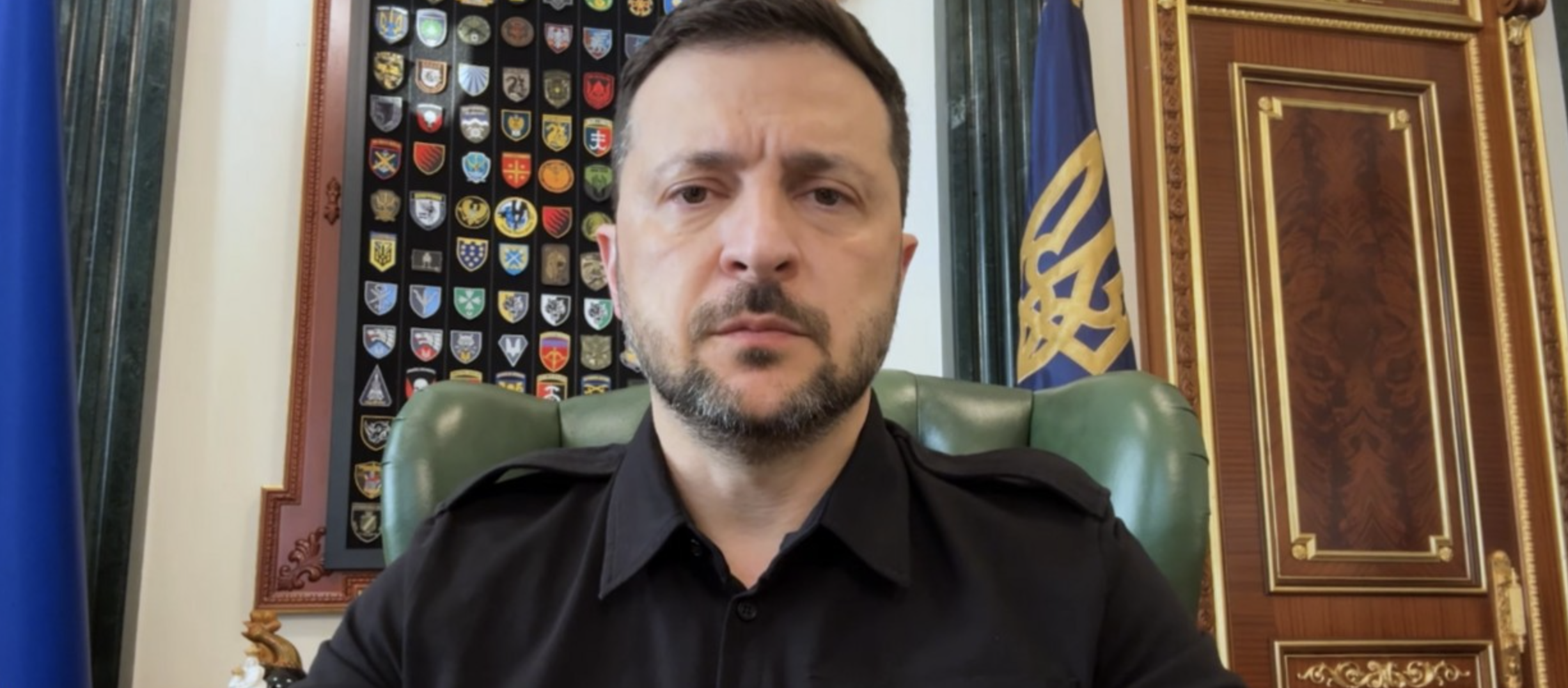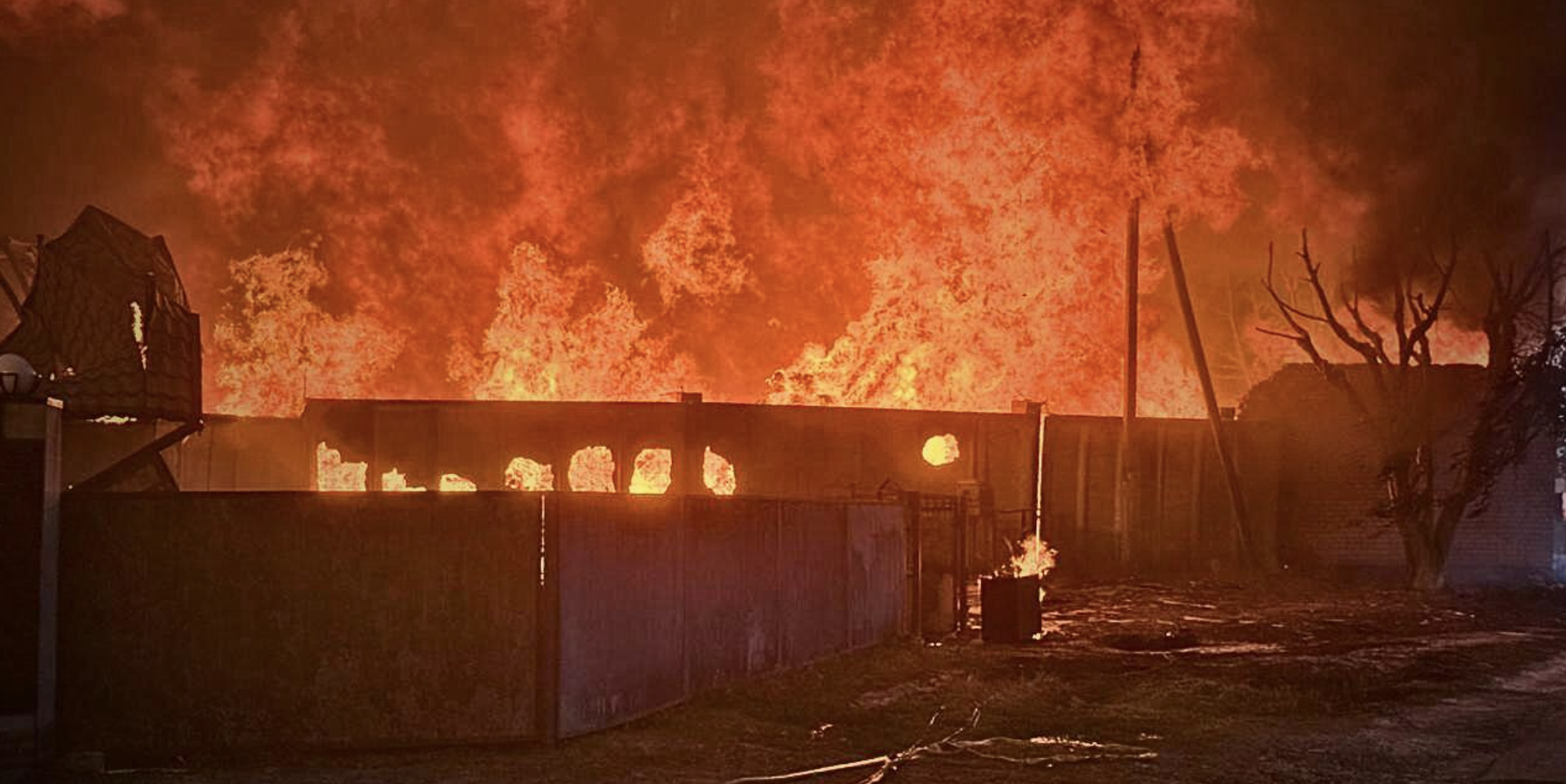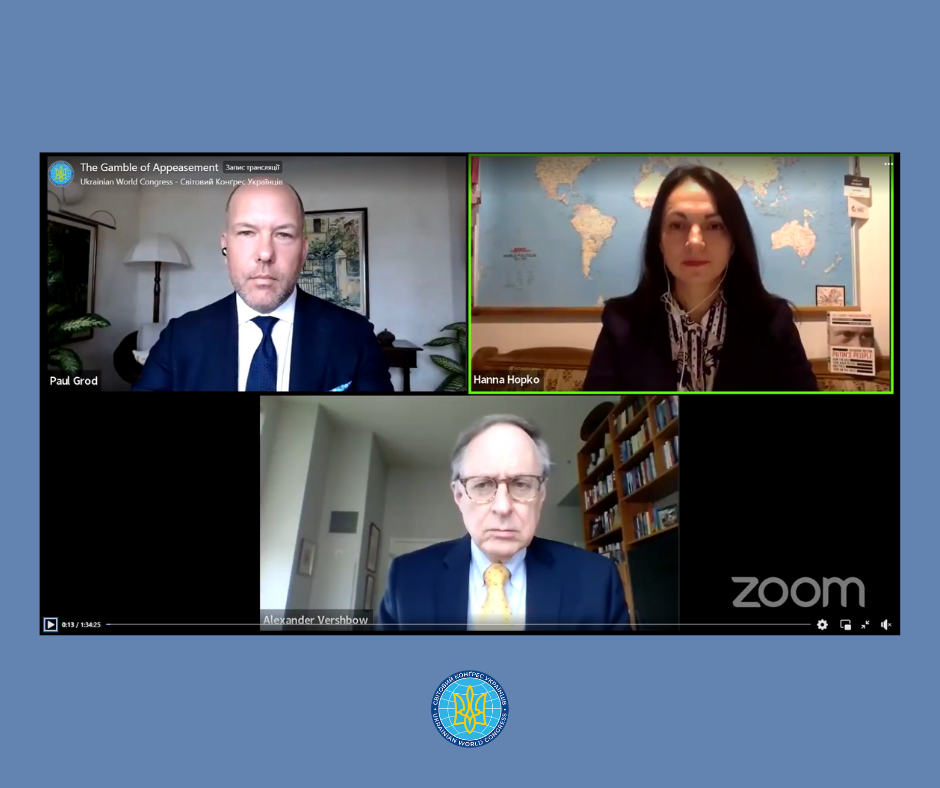
On December 15, the Ukrainian World Congress (UWC) held a panel discussion entitled, “The Gamble of Appeasement”. The event, joined by the Former Deputy Secretary General of NATO, Former US Ambassador to Russia Alexander Vershbow and UWC President Paul Grod focused on Russian military massed along the Ukrainian border and Moscow’s well-planned hybrid destabilization campaign.
The issues of Ukraine’s membership in NATO, Nord Stream 2 and the role the international community and Ukrainian diaspora can play, were also raised during the meeting. Hanna Hopko, Chairwoman of the National Interests Advocacy Network ANTS, Chairwoman of the Committee for Foreign Affairs, Verkhovna Rada of Ukraine (2014-2019) moderated the event.
“Any time we hear phrases like, “We need to be careful not to provoke Putin,” we should call that out as appeasement. We have to be able to stand up to this bully,” highlighted Paul Grod.
In turn, Alexander Vershbow noted that “It’s clear that Putin is exasperated by his failure to bring Ukraine to heel since 2014. He seems to fear that Ukraine will be lost to the West forever if he doesn’t act now. Underlying Putin’s frustration is his awareness that if Ukraine succeeds in becoming a stable, prosperous, European state, the power of his example will pose an existential threat to the Putin regime. I think that’s how Putin sees the stakes and that’s why we must take the threat of military action very seriously.”
Here are some other important takeaways from this insightful discussion:
“Putin is clearly hoping to use the threat of invasion to pressure Ukraine and the West into accommodating at least some of Russia’s demands without having to fire a shot and in this regard, he may be counting on the desperation of some in the West to avoid war at any cost.” – Alexander Vershbow.
“I’m rather going focus on the gamble of obfuscation. And what I mean by that is the reluctance of many global leaders to call things by their real name for fear of aggravating Russia. We’ve heard that time and time again and it’s that lack of plain speech that has so many countries and their media obfuscating the real situation and thereby weakening global resolve. Information is key here and that’s one role we as the global diaspora can play as Russia continues to obfuscate and twist the reality.” – Paul Grod.
“On the more fundamental question of why is Ukrainian membership [in NATO] such a controversial subject still to this day? It’s, unfortunately, a simple reflection of the fact that many allies, contrary to what we would hope, see that moving too fast on Ukrainian membership, even taking the procedural step of a Membership Action Plan which is not the same as membership, would provoke Putin or create new frictions with Russia. As much as I would like to see that attitude change by the time of the Madrid Summit, I don’t think it’s going to happen that quickly.” – Ambassador Vershbow.
“We need to focus on ensuring that [Russia’s] monopoly position is somehow measured. I think that’s the biggest challenge because they’re now responsible for all energy flows into Europe, and another thing we need to focus on is how do we provide energy security and energy independence to Europe and Ukraine itself. Ukraine is still very much reliant on energy resources from Russia through the Brotherhood Pipeline and the question is about whether that is itself a security guarantee for Ukraine. With the Brotherhood Pipeline becoming potentially obsolete with Nord Stream 2, that’s going to weaken Ukraine’s deterrence capability.” – Paul Grod.
“We and our allies shouldn’t be afraid of directly talking to the Russians, but we do need to be very clear in stating our own redlines. We have to be very clear that it is Russia, not NATO, that is the prime cause of instability in Europe in recent years and we’re not going to let Russia get away with playing the victim in this conflict. We should be equally clear that we intend to raise our own grievances with Russia, starting with its illegal occupation of its neighbor’s territory, its violation of multiple arms control agreements, and its provocative military activities close to NATOs borders”. – Ambassador Vershbow.
“We need to call out the misleading phrases, that this isn’t a Ukraine crisis, this is a Russian invasion of Ukraine. This isn’t a Ukraine conflict; this is Russia’s invasion and occupation of Ukraine. This whole false narrative of NATO expansion is the reason Putin has to buildup, that’s complete, utter nonsense. I mean, this is about rebuilding Russia’s empire, plain and simple.” – Paul Grod.
“I agree with Paul about the need to educate the public and the media about what’s really going on in the ongoing war between Russia and Ukraine, and we have to call it what it is, it is a war. It is not an internal conflict; it is not a civil war. I think it’s outrageous that major press services like Reuters and the Associated Press continue to describe this as a separatist conflict, as opposed to a Russian sponsored, funded, armed, and managed war against Ukraine.” – Alexander Vershbow.
Watch video of the panel here: https://bit.ly/33qpVv6
